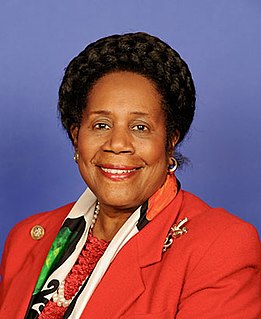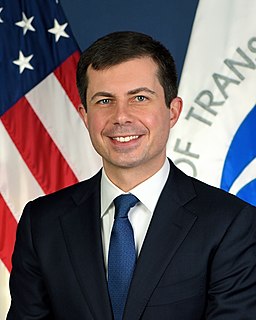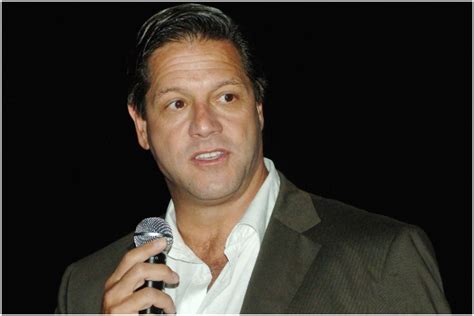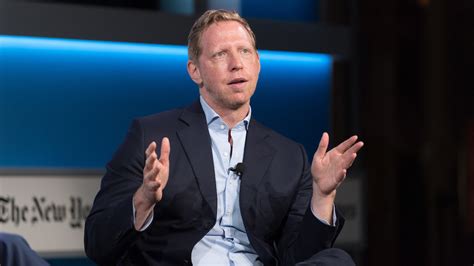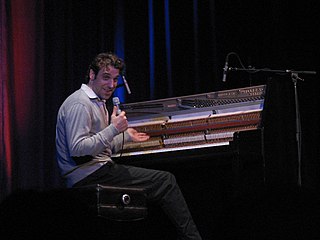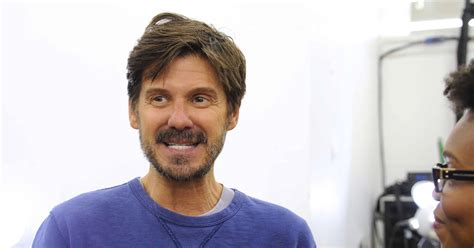A Quote by Colin Wilson
I was aggressively nonpolitical. I believed that people who make a fuss about politics do so because their heads are too empty to think about more important things. So I felt nothing but impatient contempt for Osborne's Jimmy Porter and the rest of the heroes of social protest.
Related Quotes
Entitlements is not sic the issue. And if so, cool heads can sit down and engage the American people and tell us how many seniors in nursing homes do we want to throw out in the street? ... And then who wants to make a fuss about Medicare when it's solvent until 2024? ... Who wants to make a fuss about Social Security when it's solvent - and it's about, 'You earned it'?
Those of us who work in politics can only make ourselves useful if our heads are filled with things that we can contribute to the political space. JFK had this quote about how if more politicians knew poetry and more poets knew about politics, the world would be a better place. Being attentive to the things that add meaning to our lives alongside politics will help us inform our politics with the values that really do make America great.
Children have a ton of mirror neurons when they are babies and kids and they mimic what they see and so heroes are important because we are watching these heroes make a difference in these peoples lives and sacrificing their lives in some cases and I think it is really important to know that it is not just about us but about the community.
Perhaps the central question about [Eliot] Porter's work is about the relationship between science, aesthetics, and environmental politics. His brother, the painter and critic Fairfield Porter, wrote in a 1960 review of [Porter's] colour photographs: 'There is no subject and background, every corner is alive,' and this suggests what an ecological aesthetic might look like.
"Only write what you know" is very good advice. I do my best to stick to it. I wrote about gods and dreams and America because I knew about them. And I wrote about what it's like to wander into Faerie because I knew about that. I wrote about living underneath London because I knew about that too. And I put people into the stories because I knew them: the ones with pumpkins for heads, and the serial killers with eyes for teeth, and the little chocolate people filled with raspberry cream and the rest of them.
I reject criticism because the last thing I wanted was to sit there and look at people talking. I think people are conditioned to think of documentaries now as talking heads. This movie about Valentino is not about that at all. It's about watching people in action. To the critics who wanted more talking heads, I send a dozen dead roses.
I'm finding that writing poetry is strengthening my songwriting, because you're learning to make a piece of writing work on a page with nothing else. I was also finding within poetry I felt a lot more free to write about very different matters, to write about social issues or things that are going on around me.
Writing has nothing to do with publishing. Nothing. People get totally confused about that. You write because you have to - you write because you can't not write. The rest is show-business. I can't state that too strongly. Just write - worry about the rest of it later, if you worry at all. What matters is what happens to you while you're writing the story, the poem, the play. The rest is show-business.
If you're going to point out the ridiculousness of a rule, it's naïve to think that you can break it. It's the same way that rappers have embraced capitalism. Some people say they liked it better when rap was a literal protest form in the '90s. But I think it's more a form of protest today, because it's telling the story of what happens once something forbidden is within reach. I think rap is more political today when it speaks about luxury watches than it does about fighting the power.
The more we as a society make women's sex lives seem like a secret, the more hostile that becomes. Because when you get into that cycle of thinking, no matter what you're doing, you feel shameful about it, because there's no way to talk about it. I think that through talking about it and sharing stories you realize the things you may have felt shameful about are totally normal and totally OK. Everyone's normal in their own way. You can only come to that realization if you're having these conversations, and learning what normal is for other people.
There are so many ways of posturing that people associate with being a writer. They imagine you wearing a beret and drinking only red wine and being full of yourself, and so, for a long time, the way I felt about writing was too private. I felt it too important and didn't want to be teased about it. So I lied about it.
A lot of the politics that is going on left and right at the moment is more about a protest, which we should respond to. It's not often about a policy. And that's why what you get is this strange coalition of different views of what the future should be, coming together in alliance to protest against the status quo.

